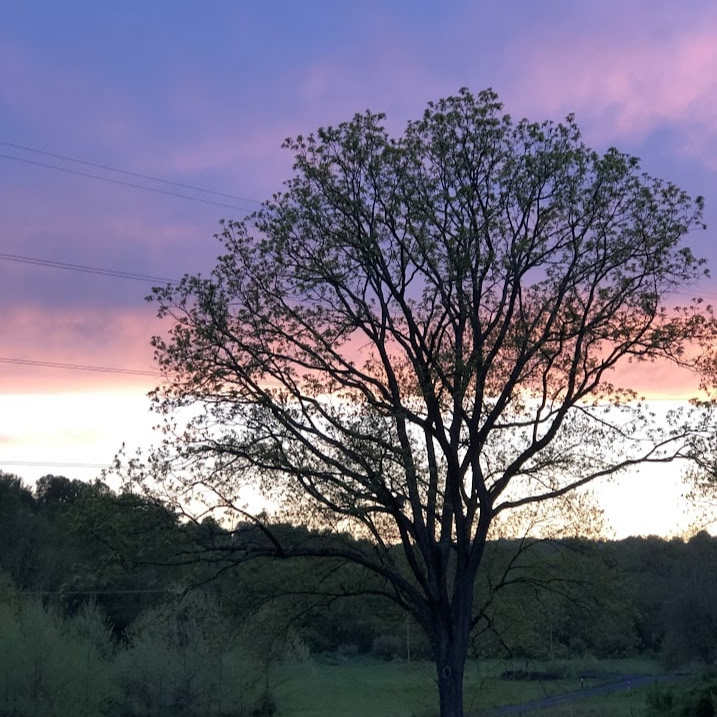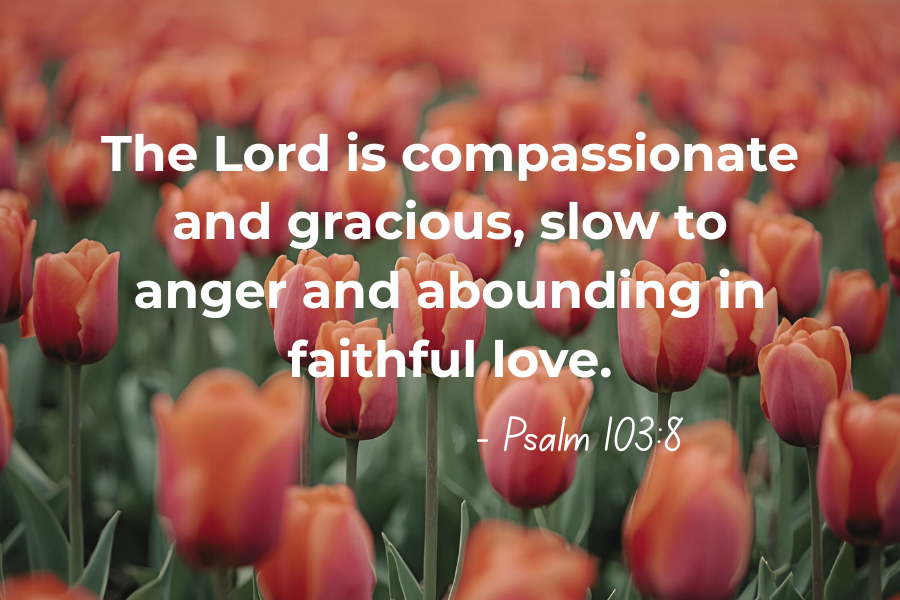
Sacrificial Prayers of the Saints
Pastor Robert Zemke
This past Sunday, we read about the 24 elders—representing the history of the redeemed community—who “fell down before the Lamb, each holding a harp and golden bowls full of incense, which are the prayers of the saints” (Revelation 5:8). This coming Sunday, the prayers of the saints are mentioned again in Revelation 8:3, where “another angel came and stood at the altar with a golden censer, and he was given much incense to offer with the prayers of all the saints on the golden altar before the throne.”
Several people have asked who the saints are. Although I didn’t address this in my sermon, the term “saints” refers to all believers who are in Christ. Paul writes to the Corinthians, “to those sanctified in Christ Jesus, called to be saints together with all those who in every place call upon the name of our Lord Jesus Christ” (1 Corinthians 1:2). Thus, saints encompass all believers. But which prayers are considered the prayers of the saints?
Both passages in Revelation emphasize incense. Exodus 30:7-8 suggests that “incense” is associated with “burnt offerings” and “meal offerings,” linking it to the Day of Atonement. Psalm 141:2 expresses the sentiment, “May my prayer be counted as incense before Thee, the lifting up of my hands as the evening offering.” Our prayers are indeed offerings to the Lord. In the context of Revelation, the prayers of the saints include those who were slain for their testimony and who pray for their blood to be avenged (Revelation 6:9-10). They gave their lives as faithful witnesses.
Our prayers are like a sweet-smelling incense in His presence. It is not large churches, impressive programs, or bestselling Christian books that He values most; it is the prayers of the saints. The question we must consider is: Do our prayers arise from a sacrificial life, or are we merely asking God to rescue us? Is our prayer life focused on benefiting ourselves, or on bringing glory to God?
In the Bible, incense is always connected to sacrifice, and a sacrifice is considered a pleasing aroma, acceptable to God. If our prayer life feels superficial and shallow, it often reflects the superficiality within us. The Lord delights in hearing from us, regardless of our immaturity, but He desires for us not to remain there. Growing in prayer is never easy, but God understands and loves us more deeply than anyone else ever could. Persevering in prayer transforms our desires. In John 15:15, Jesus calls us friends, not just servants, because we know the Master’s business. We have the privilege of participating in what He is doing, and the primary way we do this is through our prayers. Oswald Chambers stated, “Prayer is not preparation for the work; prayer is the work.”
Let us remember Romans 12 as we engage in this powerful practice of prayer: “Present your bodies as a living sacrifice, holy and acceptable to God, which is your spiritual worship. Do not be conformed to this world, but be transformed by the renewal of your mind, that by testing you may discern what is the will of God, what is good and acceptable and perfect.”




